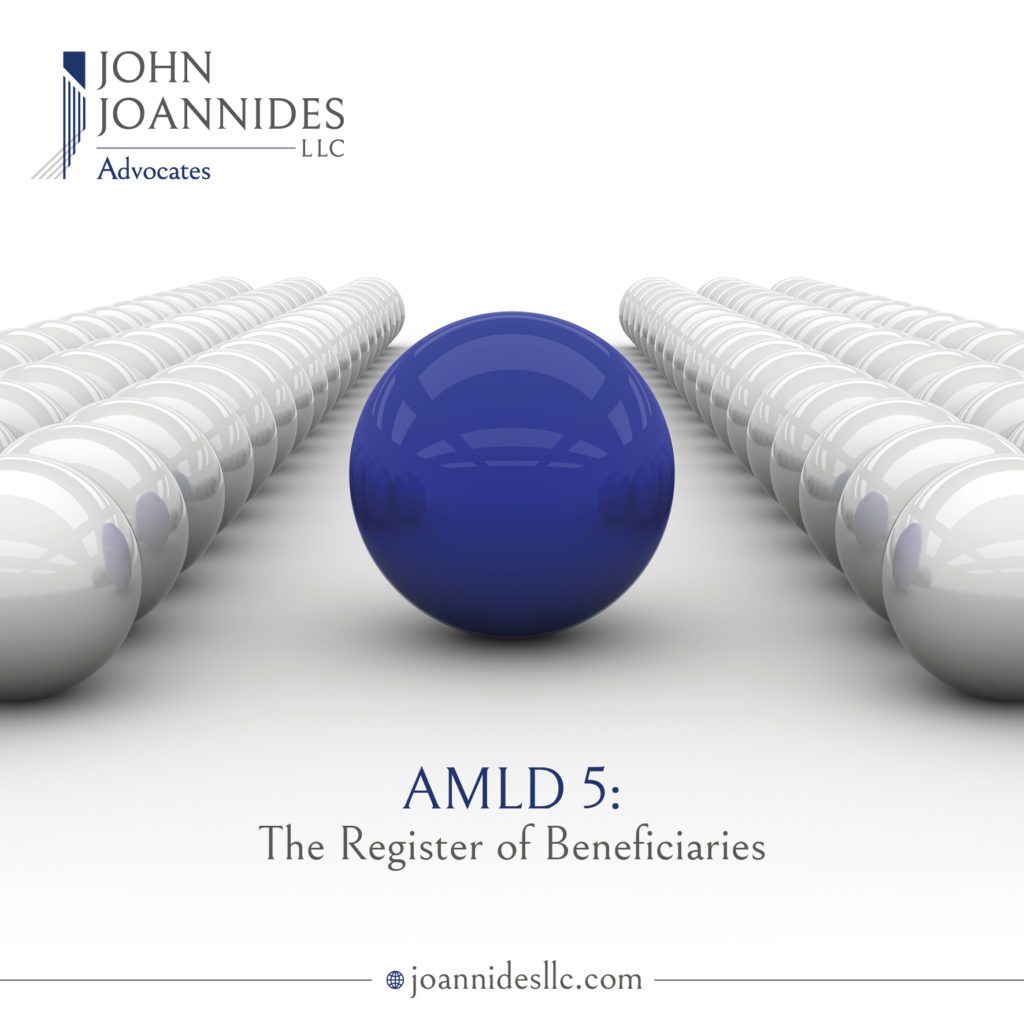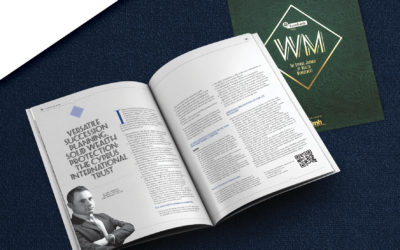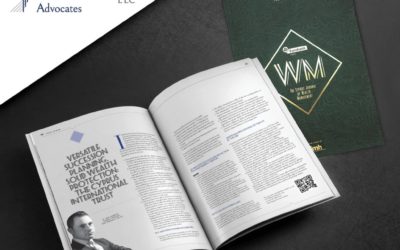
Each EU Member State should have transposed the AMLD 5 into national legislation by 10 January 2020.
Cyprus introduced AMLD 5 into national legislation through amendments to the Prevention and Suppression of Money Laundering and Terrorist Financing Law (188 (I)/2007).
The main areas affected by AMLD 5 are Beneficial Ownership, Politically Exposed Persons, High-Value Goods, High-Risk Third Countries as well as Cryptocurrencies and Prepaid Cards. Our Note focuses exclusively on the creation of a Register of Beneficiaries.
AMLD 5: Central Registers
Beneficial owners, through shares, voting rights, ownership interests, or control via other means, will be required to provide all necessary information envisaged by AMLD 5.
Beneficial Owner / Ultimate Beneficial Owner (“UBO”), means any natural person/s who ultimately owns or controls an entity and/or the natural person/s on whose behalf a transaction or activity is being conducted;
A significant provision under AMLD 5 is the requirement to register UBOs and make this information publicly available.
In line with the new Directive, Cyprus will be required to establish Central Registers as follows:
1. The first register is to be maintained by the Registrar of Companies, this register will archive UBOs of corporate and other legal entities;
2. The second register shall be set up by the Cyprus Securities & Exchange Commission to hold UBO information on Trusts, Express and Constructive, and other legal arrangements;
3. The third register shall be maintained by banks who are required to maintain their own registers to include the bank or payment accounts as well as safe-deposit boxes of UBOs. A new requirement from “Obliged Entities” is to establish and verify the identity of the customers and UBOs before any transaction or business relationship.
Article 61A– Beneficial Ownership Information
The Law provides for the maintenance of a central register of beneficial owners of companies and other legal entities that will hold adequate, accurate and current information on their beneficial ownership.
The register will be accessible by:
(i) Without any restriction:
• The Competent Supervisory Authorities (the CBA, ICPAC and CySEC);
• The Unit / MOKAS (The Unit for the suppression of money-laundering and terrorist financing);
• The Department of Customs and Excise;
• The Tax Department;
• Law Enforcement.
(ii) Within the framework of customer due diligence:
• Obliged Entities (the service provider)
(iii) Any Person or organisation that can demonstrate a “Legitimate Interest”.
The particular provisions of the operation of the registry as well as the procedures for verifying Legitimate Interest are not yet determined.
It is noted that access to the information on beneficial ownership shall be in accordance with the provisions of data protection legislation.
Article 61A(9) (a) Exemptions:
In exceptional circumstances, as determined in Reguations issued pursuant to the provisions of the present section, exemptions on a case- by-case basis may be granted to the access to all or part of the information on the beneficial ownership, where such access would expose the beneficial owner to the risk of fraud, kidnapping, blackmail, violence or intimidation, or where the beneficial owner is a minor or otherwise incapable.
Access to Registers under AMLD 5 and the Law
The Fourth AMLD provided for unlimited access to the registers by “Competent Supervisory Authorities” and access within the framework of Customer Due Diligence (CDD) by “Obliged Entities” as defined in Section 59 of the AML Law.
AMLD 5 provides additionally for access by the public as well.
The need to demonstrate a “Legitimate Interest” for access, currently provided for in the Law, may be eliminated in respect to companies, but it will continue to exist for trusts and similar legal arrangements. In that case, access to beneficial ownership information will be granted to any natural or legal person that can demonstrate a legitimate interest as well as to any person filing a request in relation to a trust or similar legal arrangement which holds or controls any corporate or other legal entity.
Legitimate Interest
Concerning Trusts and other types of legal arrangements, should be governed by the law of the Member state where the trustee is established or resides. Member states should define legitimate interest, both as a general concept and as a criterion for accessing beneficial ownership information in their national law.
Member States are required to ensure that access to beneficial ownership information adheres to data protection rules.
Currently
Delays have been caused by the outbreak of the COVID-19 pandemic last year, as such, an interim solution for the collection of data on UBOs commenced 16 March 2021.
We are monitoring the developments closely and will update you as soon as the register comes into existence.





